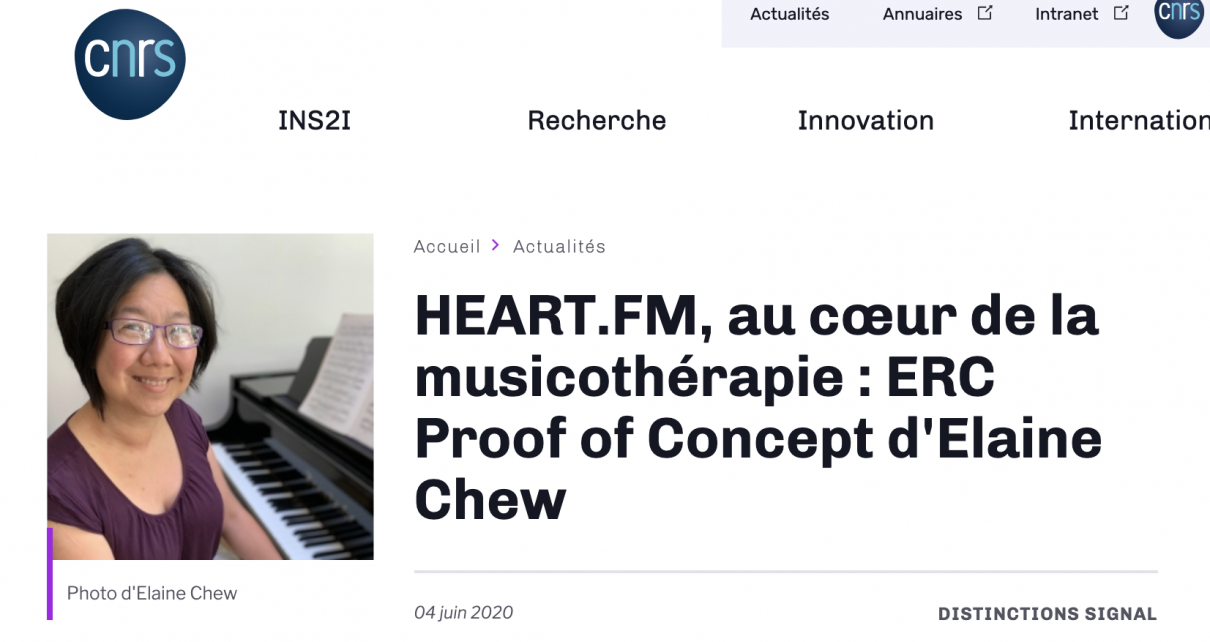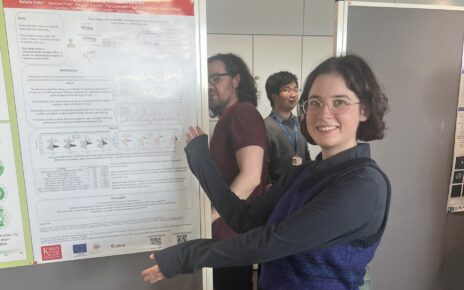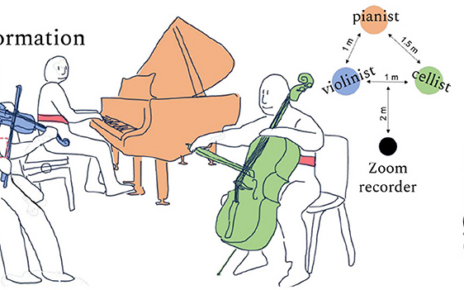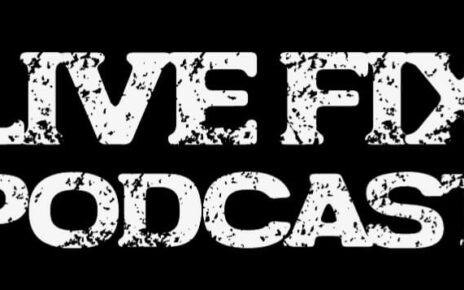English translation by DeepL (with minor corrections) of article by Martin Koppe in the CNRS INS2I News on 04 June 2020 – Link to original article (in French).
Music soothes the soul, but also has benefits for cardiovascular health. The HEART.FM project has therefore received an ERC Proof of Concept grant to develop an application capable of customising music therapy according to users’ physiological signals. The pianist and mathematician Elaine Chew directs the team based at the Sciences and Technologies of Music and Sound laboratory (STMS – CNRS/Ircam/Ministry of Culture and Communication/Sorbonne University).
Everyone loves music and ascribes to it a thousand medicinal virtues. It relaxes, makes you want to move, to weep… Its real impact, however, is difficult to quantify. Elaine Chew, a researcher at the Sciences and Technologies of Music and Sound Laboratory (STMS, CNRS/Sorbonne University/IRCAM/Ministry of Culture), is trying to measure how the fourth art influences physiological parameters such as blood pressure or pulse. Together with her team, she and her team have secured ERC Proof of Concept funding for HEART.FM.
Cosmos1, her first ERC, provided mathematical models of the impact of music and its instrumental performance on the human body. The analysis of music too often focuses on the study of scores,” says Elaine Chew. We prefer to look at how music is performed and perceived, since that is how we most often come into contact with it. “ This is a central theme for the researcher, herself a fine pianist who, for example, composes studies based on cardiac arrhythmia.
As a musician, I manipulate music to touch people. As a mathematician, I want to understand how it works.
The analysis of musical structures synchronised to intracardiac electrocardiograms has highlighted an impact on cardiac electrophysiology. HEART.FM intends to extend this work to blood pressure, thanks to an application of music therapy capable of adapting to patients, according to their biological signals. Music acts on the autonomic nervous system, which regulates pulse and blood pressure,” explains Elaine Chew. Even short excerpts are sufficient to stabilise vital signs and improve certain cardiac symptoms in the short term. Music therapy uses and prolongs these beneficial effects. ”Music also acts on the brain’s blood supply and can reduce stress and anxiety.
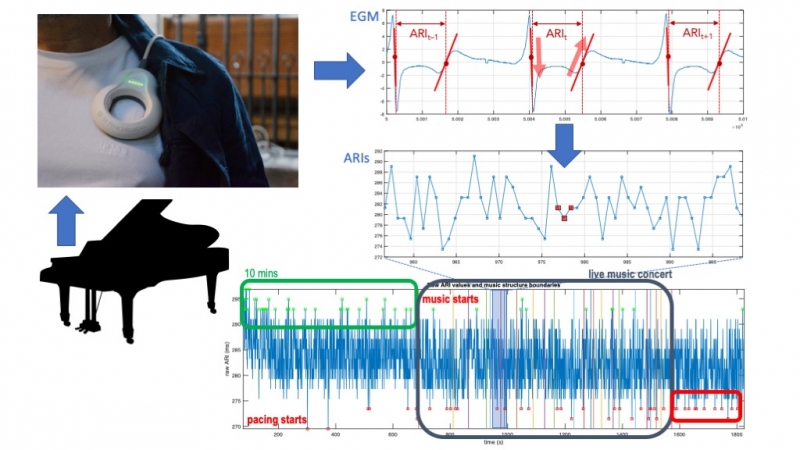
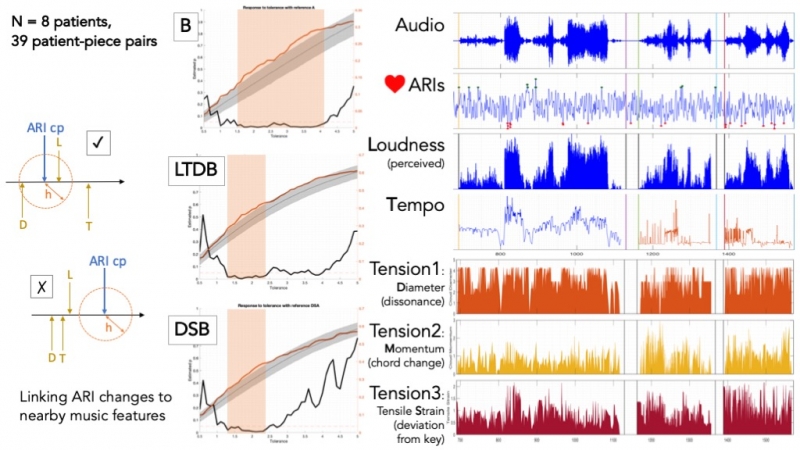
HEART.FM is very much concerned with the issue of blood pressure, which is an important factor in the body’s equilibrium. Taking blood pressure is one of the most common diagnostic tools. For those suffering from hypertension, even a slight improvement in blood pressure is sufficient to reduce the risk of cardiovascular disease and, more generally, all-cause mortality. However, the personalisation of music therapy by a professional requires an enormous amount of time and resources, hence the idea of automating part of the process with HEART.FM.
Relaxation responses varies enormously: some people like loud and fast music, others cannot stand it.
With the help of Pier Lambiase from University College London and the Barts Heart Centre, and Philippe Petit from CNRS Innovation, the team will explore the use of different mobile devices. The aim is for everyone to be able to use the application on their own. Parameters other than blood pressure, reflecting cardiac electrical or respiratory activities, could also be taken into account in the long term in order to adapt the songs and music played to each person. However, a questionnaire on people’s tastes is not enough to optimise the therapy; physiological signals offer a much more reliable answer to scientists and doctors.
HEART.FM will therefore use lightweight sensors, several of which are already available on the market, such as watches, bracelets and belts for sportsmen and women. Researchers will have to determine the right balance between precision, efficiency, cost and portability. Data can also be retrieved to support cohort studies on such treatments. This ERC Proof of Concept will thus be an opportunity to democratise and promote personalised music therapy.
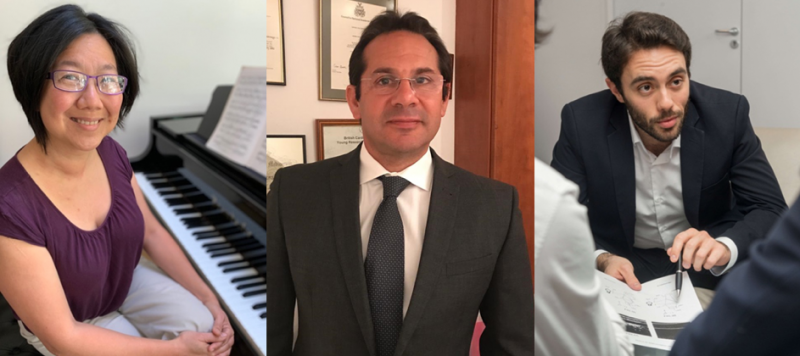
08.06.2020
Cardiac response to live musical performance, presentation by Elaine Chew and Pier Lambiase for the EHRA Essentials 4 You portal of the European Society of Cardiology (ESC).
Notes
- Computational shaping and modeling of musical structures.

